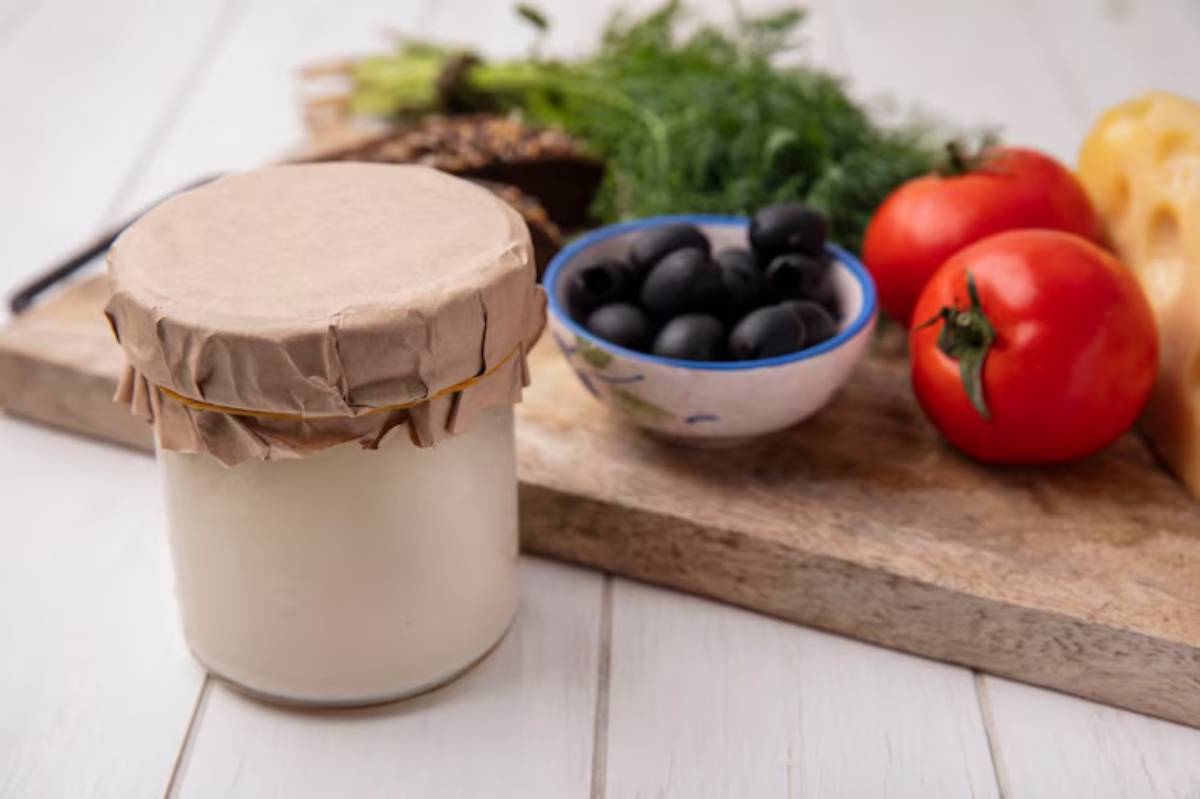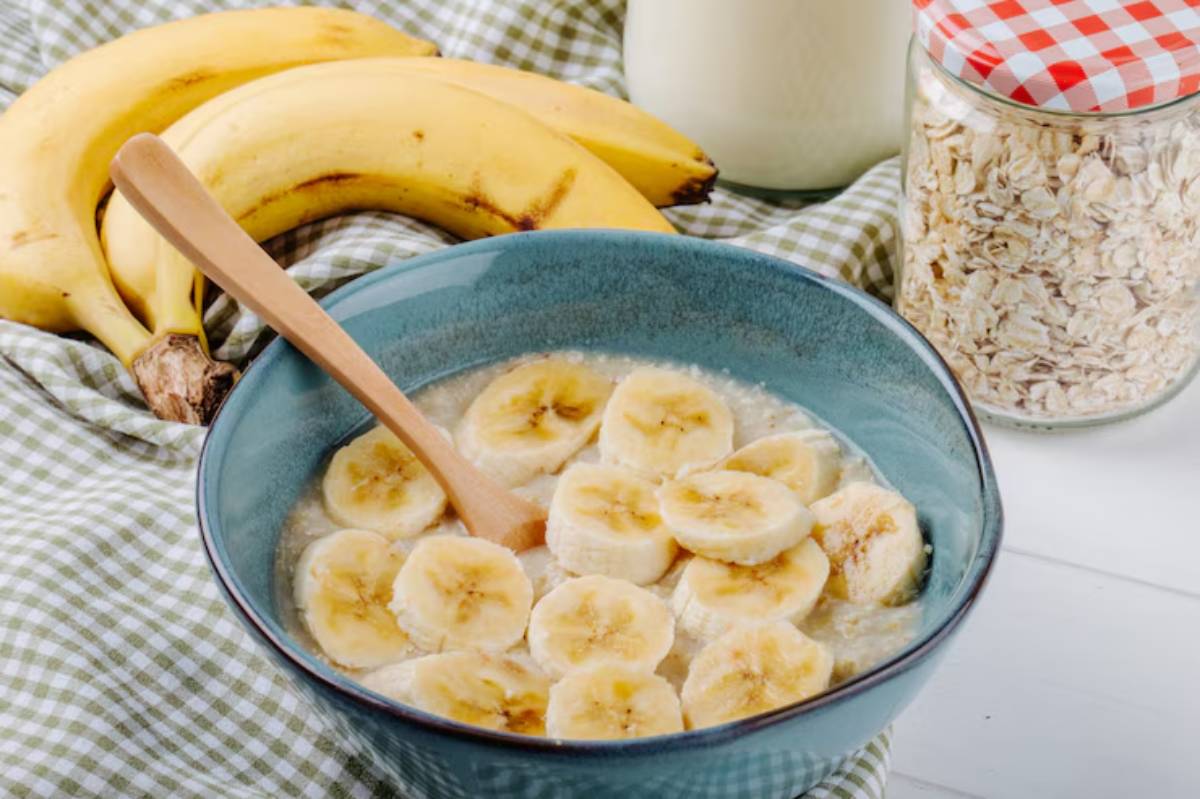
Fermented Foods and Pre-Workout Performance
When you think of fuelling your workout, your mind probably jumps to protein shakes, bananas, or energy bars. But what if we told you that fermented foods could be a powerful secret weapon for improving your training performance and recovery?
By boosting your gut microbiome energy and enhancing digestion, fermented workout foods can sharpen your endurance, strengthen your immune system, and even help you recover faster.
In this guide, we’ll explore how fermented foods fit into prebiotic performance meals, what you should eat before training, and how to strategically time these foods for maximum results. Ready to unlock your gut’s full potential? Let’s dive in!
Why Gut Health Matters for Exercise Performance
Your gut is more than just a digestion centre — it’s a major player in your energy levels, immune function, inflammation control, and even mental clarity.
Key Benefits of a Healthy Gut Microbiome for Athletes:
- Better nutrient absorption (e.g., B vitamins, amino acids)
- Reduced systemic inflammation
- Improved mental focus and mood
- Stronger immunity against infections
Expert Insight: Research from the Frontiers in Microbiology journal suggests that endurance athletes often have a more diverse gut microbiome, linked with enhanced performance and quicker recovery.
What Are Fermented Foods?
Fermented foods are made through natural processes where beneficial bacteria and yeasts break down food components, making them easier to digest and richer in nutrients.
Common Fermented Foods:

- Kimchi
- Greek yoghurt (with live cultures)
- Sauerkraut
- Kefir
- Tempeh
- Miso
- Kombucha
These foods are packed with probiotics, prebiotics, and bioactive compounds that nourish your gut.
How Fermented Foods Enhance Pre-Workout Energy
1. Boost Nutrient Uptake
A healthy gut improves how your body absorbs essential nutrients like iron, magnesium, and B vitamins — all crucial for energy metabolism.
2. Reduce Gut Inflammation
Less inflammation = better digestion = less risk of cramps or discomfort during training.
3. Improve Immune Function
Strong immunity means fewer missed training days due to illness.
Real-World Story: James added a serving of kefir to his breakfast smoothie pre-workout. Within weeks, he noticed better digestion, lighter runs, and a drop in post-training fatigue.
Best Fermented Foods to Include in Prebiotic Performance Meals
1. Greek Yoghurt

- Why: High in protein, probiotics, and easy on the stomach.
- How to Use: Add to a fruit and oat smoothie 60-90 minutes pre-training.
2. Kefir
- Why: A fermented dairy drink rich in probiotics and protein.
- How to Use: Drink 200-300ml with a banana for a quick energy boost.
3. Miso Soup
- Why: Fermented soybean paste providing gut-friendly bacteria.
- How to Use: Sip a light broth 1-2 hours before lighter workouts.
4. Sauerkraut or Kimchi
- Why: High in probiotics and fibre (but small portions pre-workout recommended).
- How to Use: Add a tablespoon to a chicken and rice meal for a nutrient boost.
Tip: Keep portions moderate before exercise to avoid excessive fibre causing bloating.
Sample Pre-Workout Meals Featuring Fermented Foods
Light Meal (1-2 hours before):
- Smoothie: Greek yoghurt + banana + oats + honey
Full Meal (2-3 hours before):
- Grilled chicken + white rice + a tablespoon of kimchi + steamed carrots
Quick Snack (30-45 minutes before):
- Small kefir drink + handful of berries
Explore: How to Build Gut-Friendly Pre-Workout Meals
Food Timing Strategies: When to Eat Fermented Foods
Timing
Ideal Fermented Foods
Portion Size
2-3 Hours Pre
Kimchi, sauerkraut, miso soup
Small to moderate
60-90 Min Pre
Greek yoghurt, kefir smoothie
Moderate (light meal)
30-45 Min Pre
Kefir + banana
Small (quick digestible)
Golden Rule: Keep fibre and heavy fermentation low close to exercise to prevent bloating.
Common Mistakes When Adding Fermented Foods to Your Routine
- Eating large amounts right before workouts: Can cause gas or bloating.
- Choosing pasteurised or heavily processed options: Kills beneficial bacteria.
- Ignoring individual tolerance: Introduce new fermented foods slowly.
Pro Tip: Start with small servings and observe how your body responds during different workouts.
Gut Health Tips for Athletes
1. Consistency Beats Dosing
- Daily small amounts of fermented foods yield better results than occasional binges.
2. Pair with Prebiotic Foods

- Foods like bananas, oats, asparagus, and garlic feed the good bacteria.
3. Manage Stress
- High cortisol (stress hormone) negatively affects gut health.
Explore: Stress Management for Athletic Performance
Real-World Success Stories
Sophie’s Transformation: Sophie, a CrossFit athlete, battled gut issues for years. Adding kefir and a small amount of kimchi to her diet helped stabilise her digestion and improve her workout recovery times.
Ben’s Journey: Ben suffered mid-run cramps regularly. When he incorporated Greek yoghurt and oats two hours before his runs, he found his endurance improving and digestive issues disappearing.
Lesson: Tiny tweaks to gut health = major performance wins.
Myth Busting: Fermented Foods and Fitness
1. “Fermented foods cause bloating”
Reality: In moderate amounts, they often reduce bloating over time by strengthening your gut flora.
2. “You need loads of fermented foods daily”
Reality: Even 1-2 small servings can significantly benefit digestion and energy levels.
3. “Probiotic supplements are better than food”
Reality: Whole foods provide a diverse range of probiotics, prebiotics, and synergistic nutrients.
Key Takeaways:
- Start with small servings of Greek yoghurt, kefir, or kimchi pre-workout.
- Time your fermented foods to avoid digestive upset.
- Support your gut consistently for sustainable energy and recovery gains.
Strengthen Your Gut, Strengthen Your Game
Fermented foods aren’t just a “health trend” — they’re a performance booster hiding in plain sight. By embracing gut microbiome energy strategies and incorporating fermented workout foods into your prebiotic performance meals, you’ll tap into a new level of stamina, recovery, and overall athletic resilience.
Now it’s your turn! Have you tried incorporating fermented foods into your pre-workout meals? What differences did you notice? Share your experiences and tips in the comments — let’s fuel our guts and our goals together!